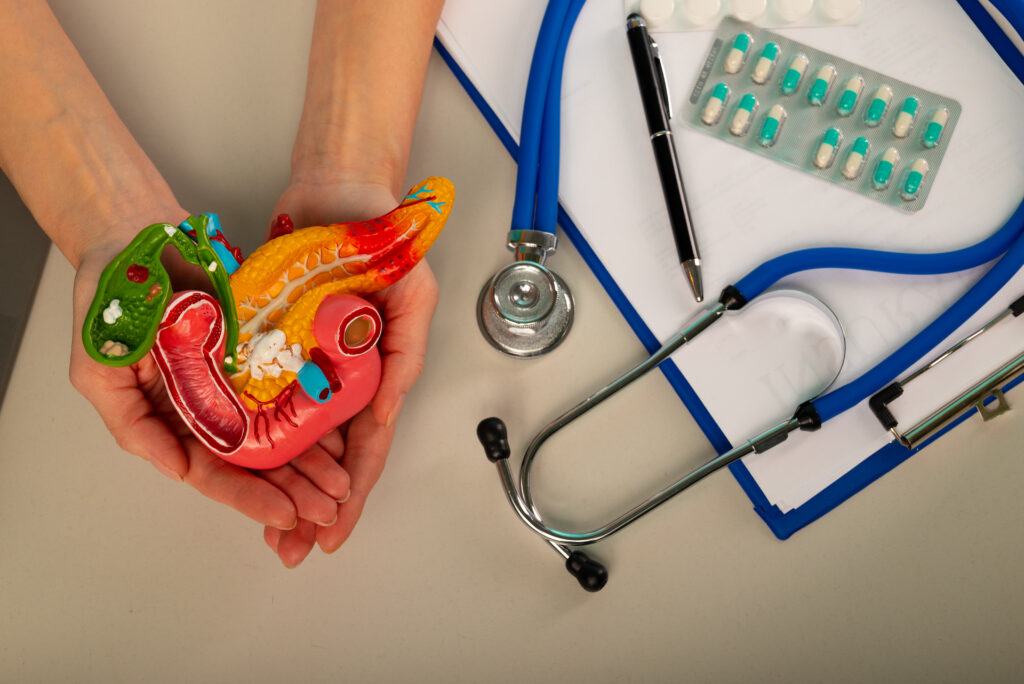
Welcome to our Dialysis Center, where we delve into essential topics surrounding kidney health. Today, we’re discussing the paramount importance of maintaining a healthy diet for individuals with kidney conditions. Whether you’re undergoing dialysis or managing kidney disease, dietary choices play a crucial role in managing your condition and enhancing your overall well-being.
Understanding the Significance
For kidney patients, adhering to a nutritious diet isn’t just a recommendation; it’s a fundamental aspect of managing their condition effectively. The kidneys play a pivotal role in filtering waste products and excess fluids from the blood. When kidneys are impaired, they struggle to perform these functions efficiently. As a result, dietary adjustments become imperative to lessen the workload on the kidneys and prevent further damage.
Key Components of a Kidney-Friendly Diet
A kidney-friendly diet typically involves monitoring and controlling the intake of certain nutrients, including sodium, potassium, phosphorus, and protein. Here’s why each of these elements is crucial:
- Sodium: Excessive sodium can contribute to fluid retention and high blood pressure, both of which can strain the kidneys. Hence, limiting sodium intake is vital for kidney patients to manage blood pressure and fluid balance effectively.
- Potassium: Healthy kidneys regulate potassium levels in the body. However, impaired kidneys may struggle to excrete excess potassium, leading to hyperkalemia, a condition characterized by dangerously high potassium levels. Therefore, moderating potassium intake through diet is essential for kidney patients.
- Phosphorus: When kidneys fail, they struggle to regulate phosphorus levels, leading to a buildup in the blood. Elevated phosphorus levels can weaken bones, increase the risk of cardiovascular disease, and worsen kidney function. Hence, monitoring phosphorus intake is crucial for kidney patients.
- Protein: While protein is necessary for overall health, excessive protein consumption can strain the kidneys, especially for individuals with impaired kidney function. Therefore, kidney patients often need to adjust their protein intake to alleviate the burden on their kidneys.
Benefits of a Healthy Diet for Kidney Patients
Adopting a kidney-friendly diet offers numerous benefits, including:
- Slowing the progression of kidney disease: A balanced diet can help preserve remaining kidney function and prevent further deterioration.
- Managing symptoms: A well-planned diet can alleviate symptoms such as swelling, high blood pressure, and fatigue, enhancing overall quality of life.
- Reducing complications: By controlling nutrient intake, kidney patients can lower the risk of complications such as bone disease, cardiovascular issues, and fluid imbalances.
- Supporting overall health: A nutritious diet not only supports kidney health but also contributes to overall well-being by promoting a healthy weight, reducing inflammation, and boosting immunity.
Practical Tips for Maintaining a Healthy Diet:
To maintain a kidney-friendly diet, consider the following tips:
- Work with a registered dietitian specialized in renal nutrition to create a personalized meal plan tailored to your specific needs.
- Read food labels carefully to identify hidden sources of sodium, potassium, and phosphorus in packaged foods.
- Choose fresh, whole foods over processed and packaged alternatives whenever possible.
- Experiment with herbs and spices to flavor foods instead of relying on salt.
- Monitor portion sizes to ensure you’re not overconsuming nutrients that may be harmful to your kidneys.
Conclusion:
In conclusion, a healthy diet is paramount for kidney patients to manage their condition effectively and improve their quality of life. By making mindful dietary choices and working closely with healthcare professionals, individuals with kidney disease can slow its progression, alleviate symptoms, and reduce the risk of complications. Remember, every meal is an opportunity to support your kidney health and overall well-being.